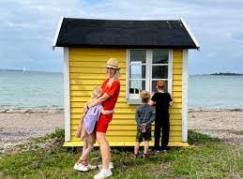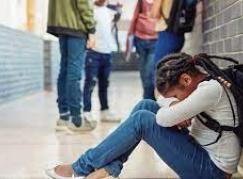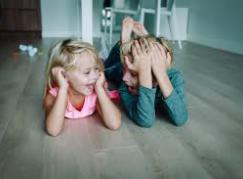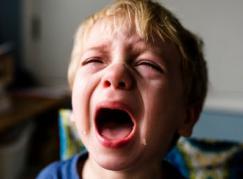Play outside and sing together: what living in Denmark taught me about raising ‘Viking’ children
I knew I was in trouble the day my pre-schooler came home smelling of woodsmoke and told me he’d been practising “knife skills”. When his twin siblings requested a saw for their second birthday, I realised I’d crossed the Rubicon: I’d become an accidental mother of Vikings. It wasn’t supposed to be like this. I relocated from London to Denmark, carefree and childless, but despite planning on staying just a year I’m still here a decade and three children later. So I have skin in the Viking game. And Nordic children do things differently.
 FR
FR EN
EN AR
AR


















